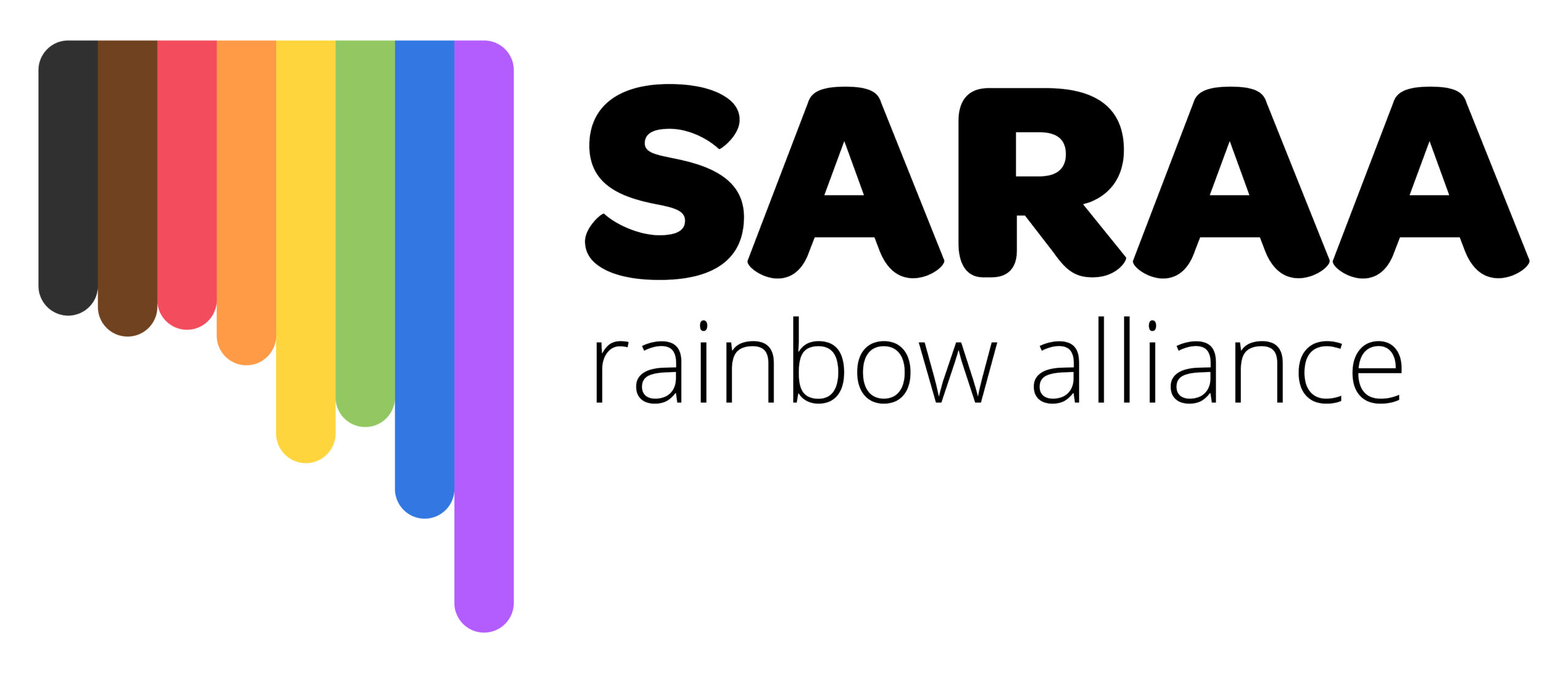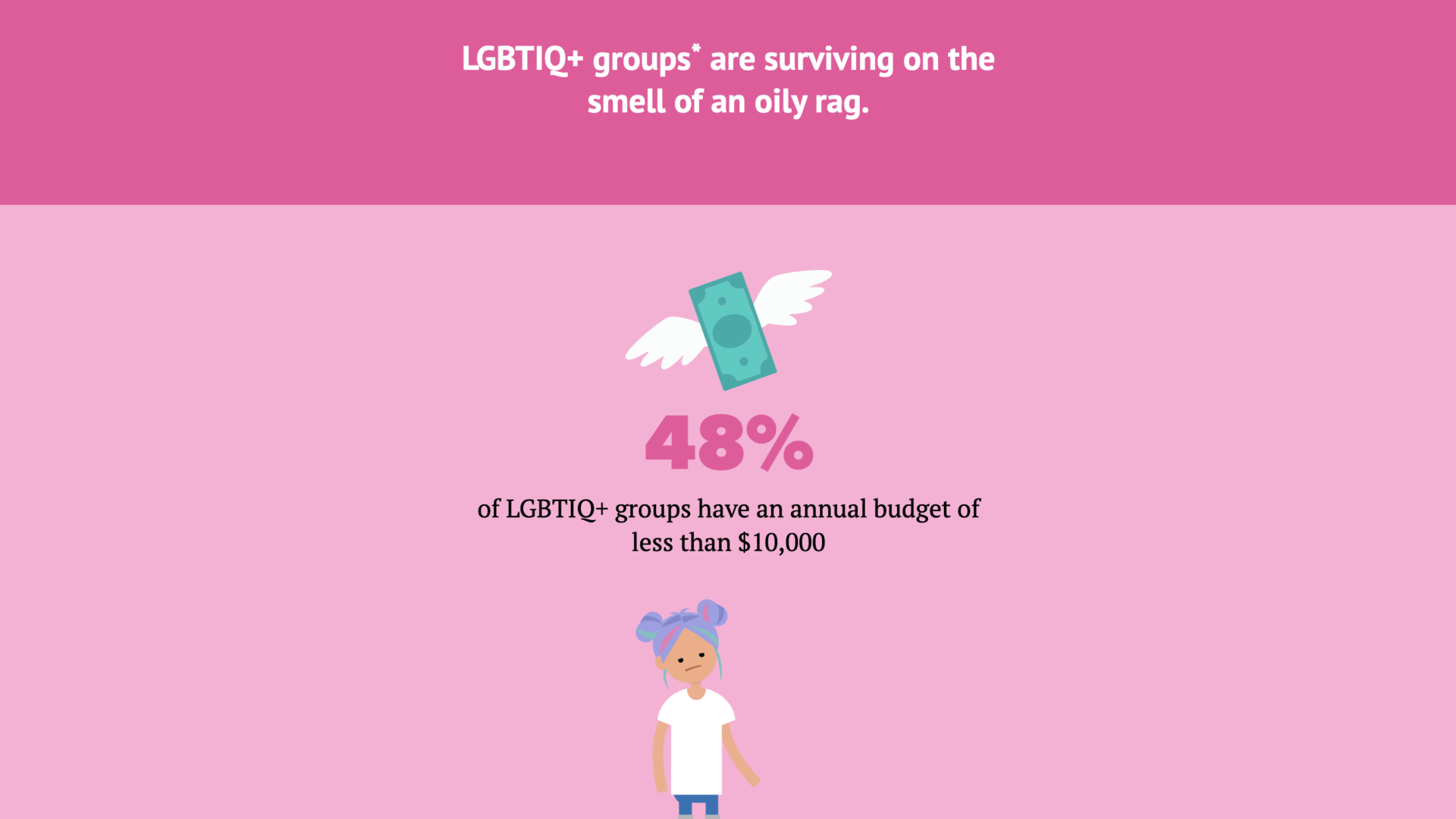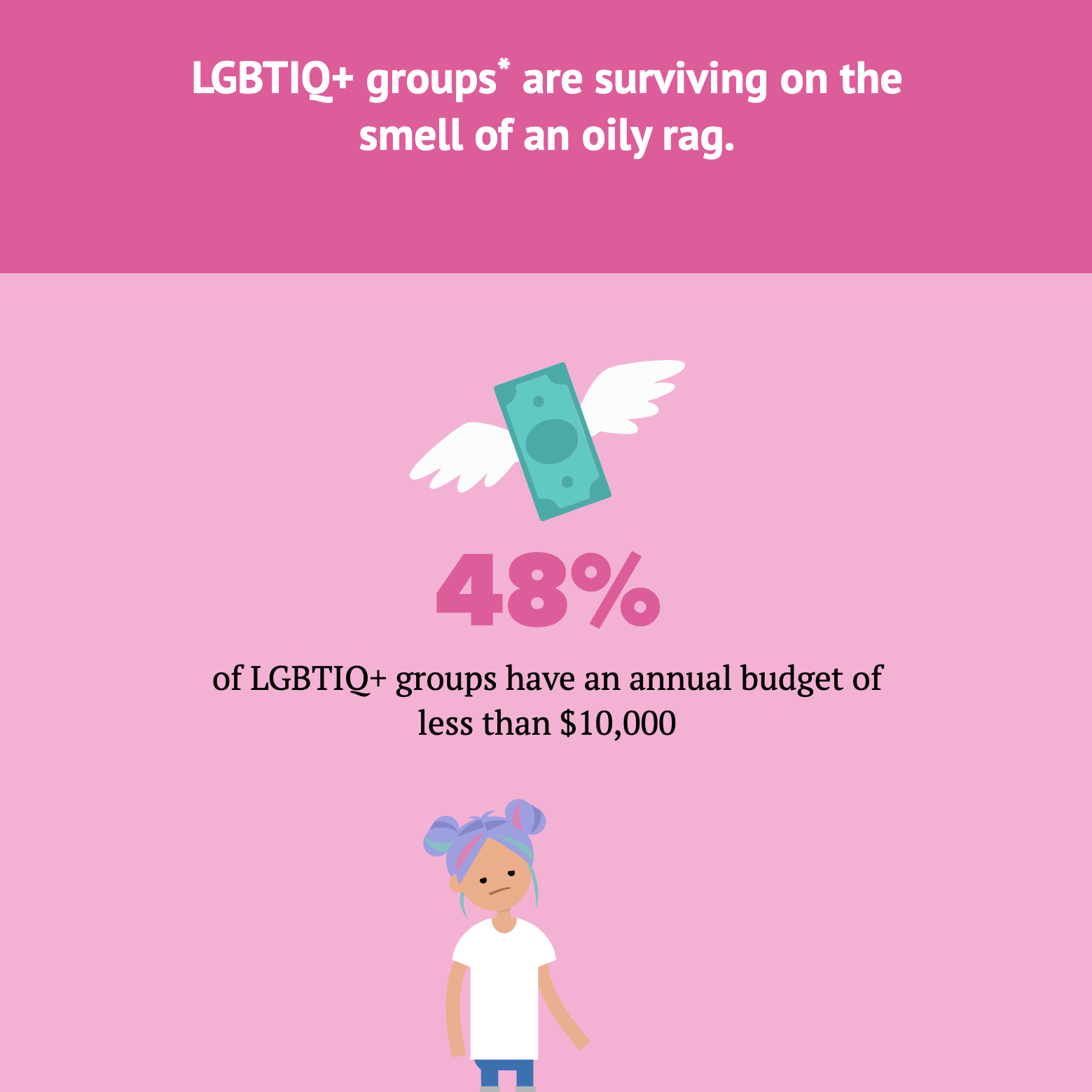A well resourced peak LGBTIQA+ body charged with promoting and protecting the rights of a priority cohort is essential to making positive system wide change to remove barriers and address discrimination.
Yet unlike the youth, disability, aged care, Aboriginal, housing, social services, multicultural, mental illness and health sectors, no South Australian LGBTIQA+ community-led organisation receives ongoing government funding to represent the rights and interests of LGBTIQA+ South Australians.
This lack of long-term sustainable funding results in short-term limited benefits for LGBTIQA+ South Australians.
The problem comes down to the amount of funding and the inability to spread that money over any meaningful period of time.
So many of the LGBTQIA+ services over the years in SA have run on the smell of an oily rag.
The fact is the money that is provided is often conditional and too small to risk putting into place anything that is long term.
This means LGBTQIA+ advocacy tends to be situational and issue-based as opposed to setting a foundation which runs long-term.
– SARAA LGBTIQA+ Community Advisory Group member
Similarly, LGBTIQA+ social and peer support groups are vital to the health and wellbeing of many LGBTIQA+ South Australians. While several LGBTIQA+ organisations operate in South Australia, they’re most often unfunded, unincorporated and volunteer-run.
This is consistent with trends across the Australian LGBTIQA+ community sector with less than 0.5% of Federal, State and local government grants awarded to LGBTIQA+ causes between 2013-2018, 0.4% of philanthropic funding going to LGBTIQA+ specific projects, and 48% of LGBTIQ+ groups operating on an annual budget of less than $10,000 (Our Community and GiveOUT, Funding to LGBTIQ+ causes in Australia, 2020).
Even when formalised, these groups have limited opportunities to apply for grants as LGBTIQA+ people are rarely considered a priority cohort. As one member said:
LGBTIQA+/queer funding categories are dropping in many grant programs as with marriage equality there’s an assumption we have equity and are no longer marginalised. This is not the case.
Funding of the LGBTIQA+ community sector in South Australia is limited and inconsistent. While many organisations do vital work with limited funding and resources, many live grant-to grant which makes it difficult to engage in long-term strategic planning.
Recommendations
To properly fund LGBTIQA+ community and advocacy we need:
1. the South Australian Government provide long term and sustainable funding to LGBTIQA+ community-run organisations on a 3-5 year funding cycle
2. the South Australian Government prioritise funding for LGBTIQA+ organisations with an equal focus on work that provide both systems change and direct community support and outreach.
3. the South Australian Government and local councils include LGBTIQA+ people as a priority cohort in the eligibility criteria for grant funding.


